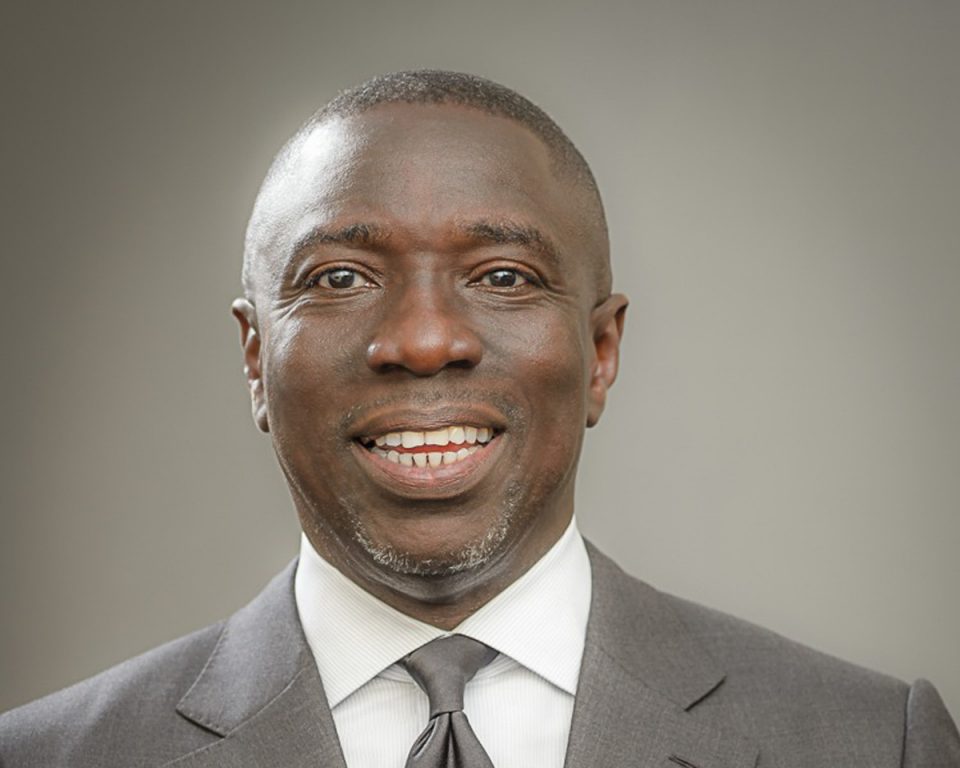Stakeholders have said that for Nigeria to be extremely influential in determining economic policies and attract Foreign Direct Investments (FDIs), it needs a strong and viable private sector to catalyse growth and development.
With the private sector accounting for about 87 per cent of the economy and 55 per cent contribution to nation’s growth, stakeholders posited that a disciplined private sector that speaks with one voice in the best interest of Nigeria’s economic and social development, should propel a positive growth trajectory for the country.
The Chairman, Nigerian Economic Summit Group (NESG), Asue Ighodalo, said this at the investiture ceremony of the 17th President of the Institute of Directors (IoD) Nigeria, Dr. Ije Jidenma, where he spoke on ‘Nigeria in challenging times: Rethinking the role of leadership in governance’.
While he focused on the critical need to have purposeful leadership and good governance in the organised private sector, he said an aggregate of well governed successful corporate organisations catalyse national economic growth.
The NESG boss, who was the guest speaker, maintained that it was imperative for the private sector to positively influence and support high standards of governance in the public sector and exert such influence and support on economic growth and development.
Ighodalo, who compared Nigeria’s economic performance over the last 40 years with that of Indonesia, with whom it shares similarities, said in the early 80s, Nigeria performed better than Indonesia on several economic indicators but the reverse is the reality.
Within four decades, he said Indonesia grew its Gross Domestic Product (GDP) to over $1.1 trillion in 2020 while Nigeria’s GDP was $403 billion in 2020, among other achievements like strong and viable private sector, which created 90 per cent of the country’s jobs.
As directors with respected companies, he said they have acquired immense influence but still operate in a difficult environment.
This, he said, was due to the fact that they have not been able to leverage their position to strengthen and support political leadership, effectively influence policy reform and clearly convince government to initiate policies that yielded private sector led growth.
As corporate leaders, he urged that it was time to rethink governance, operational and engagement strategies.
“Time to rethink the core values that uphold successful institutions. We must really push ourselves and our organisations to the elastic limit of our capacities. Time to strengthen the alliance and deepen the trust between our financial institutions, corporates, and entrepreneurs, and regain the trust of international markets. We all must, in aggregate, use the influence we have and our economic power to convince our policy makers to change tack and tweak policies so we can create an enabling environment,” he said.
Earlier in her inaugural speech, the new president of IoD, Dr Ije Jidenma, expressed readiness and commitment to join hands with stakeholders to create and bequeath an institute that is better than the present.
With the five- year strategic plan unfolded by the institute in 2017, the IoD boss pledged to continue to build on the gains and successes recorded so far.
Noting that IoD in transition, needs to be ‘future-ready’, she hinged on five pillars of inclusiveness; growth and development; chartership; digital transformation and IoD house project as her underlying philosophy during her reign.




